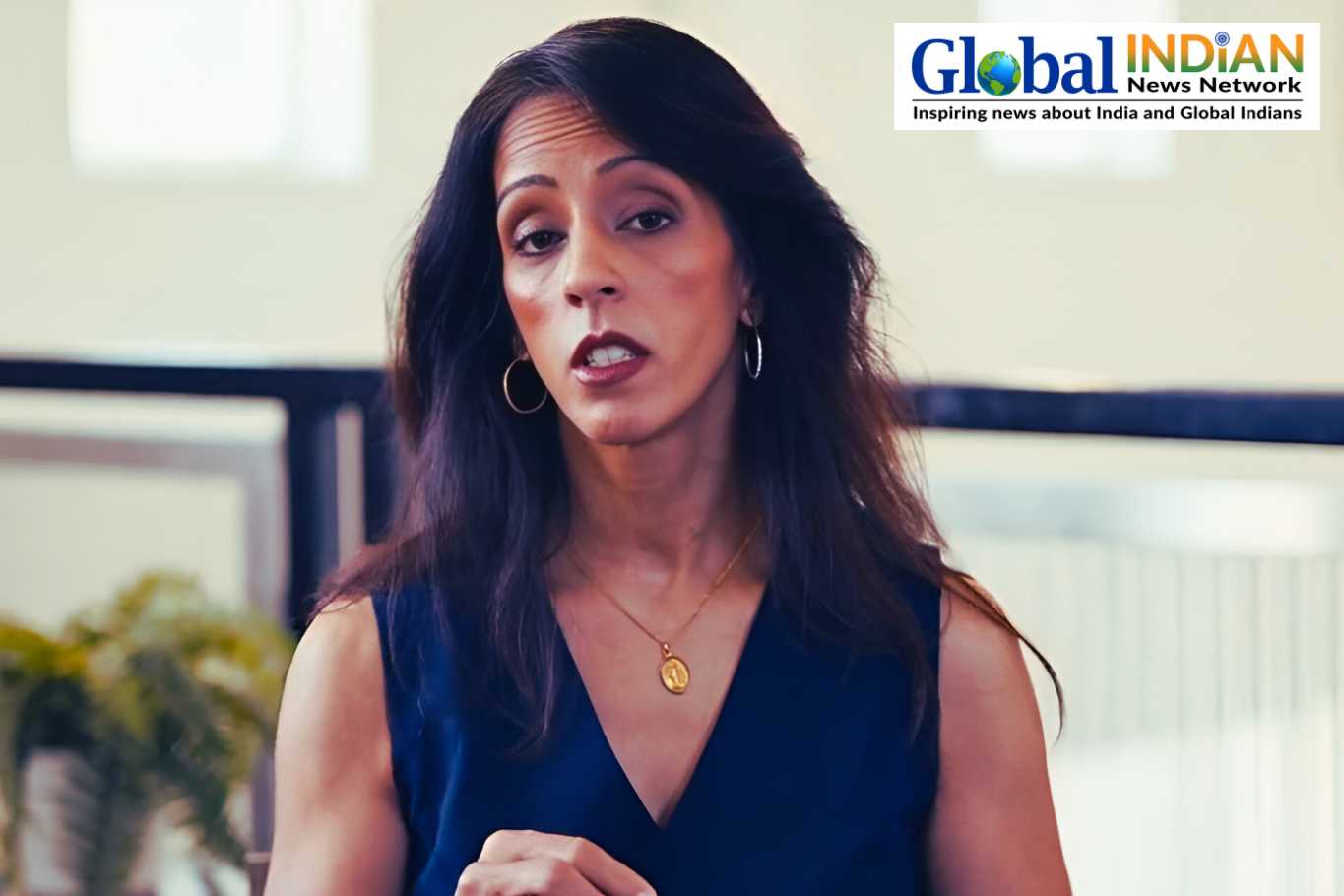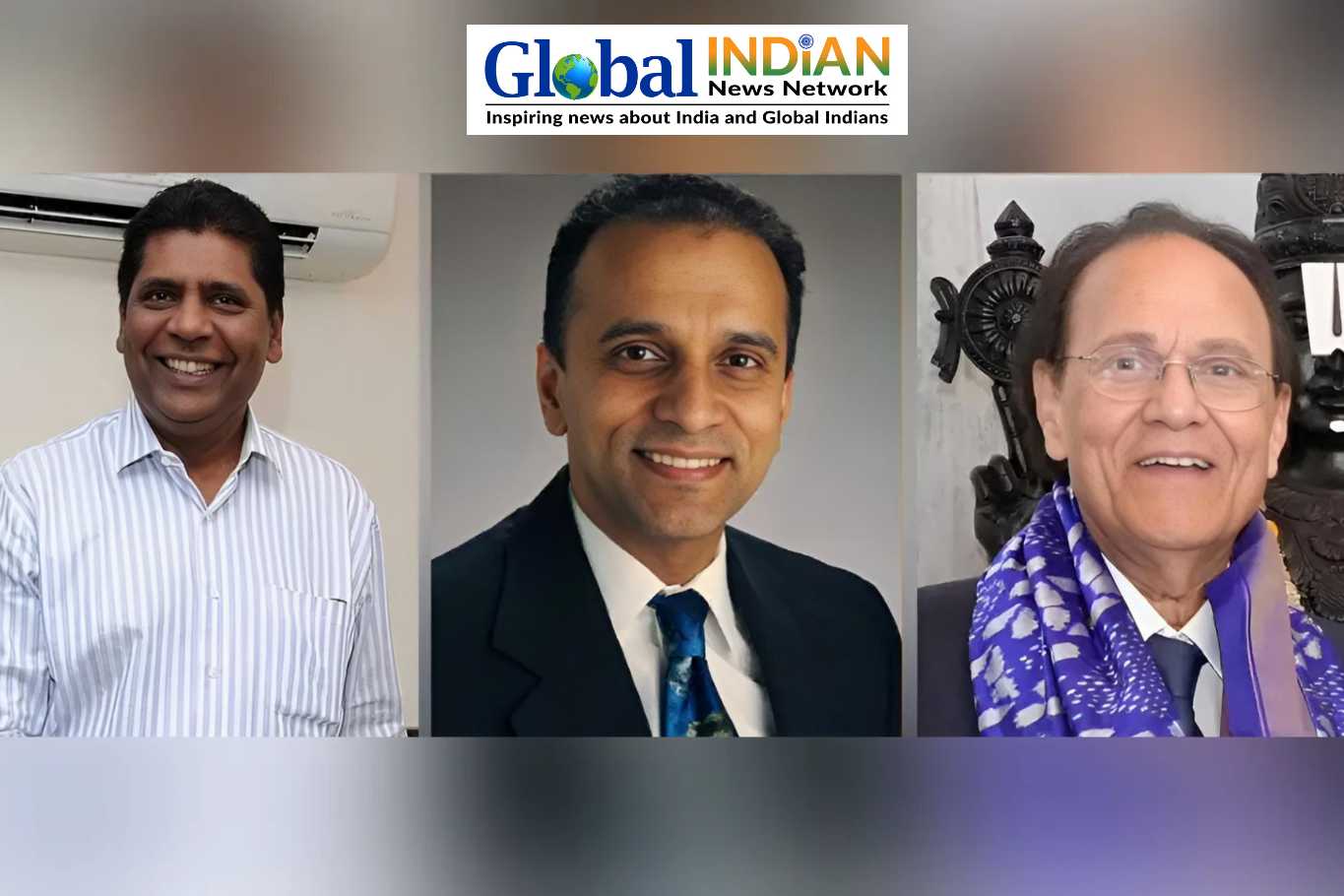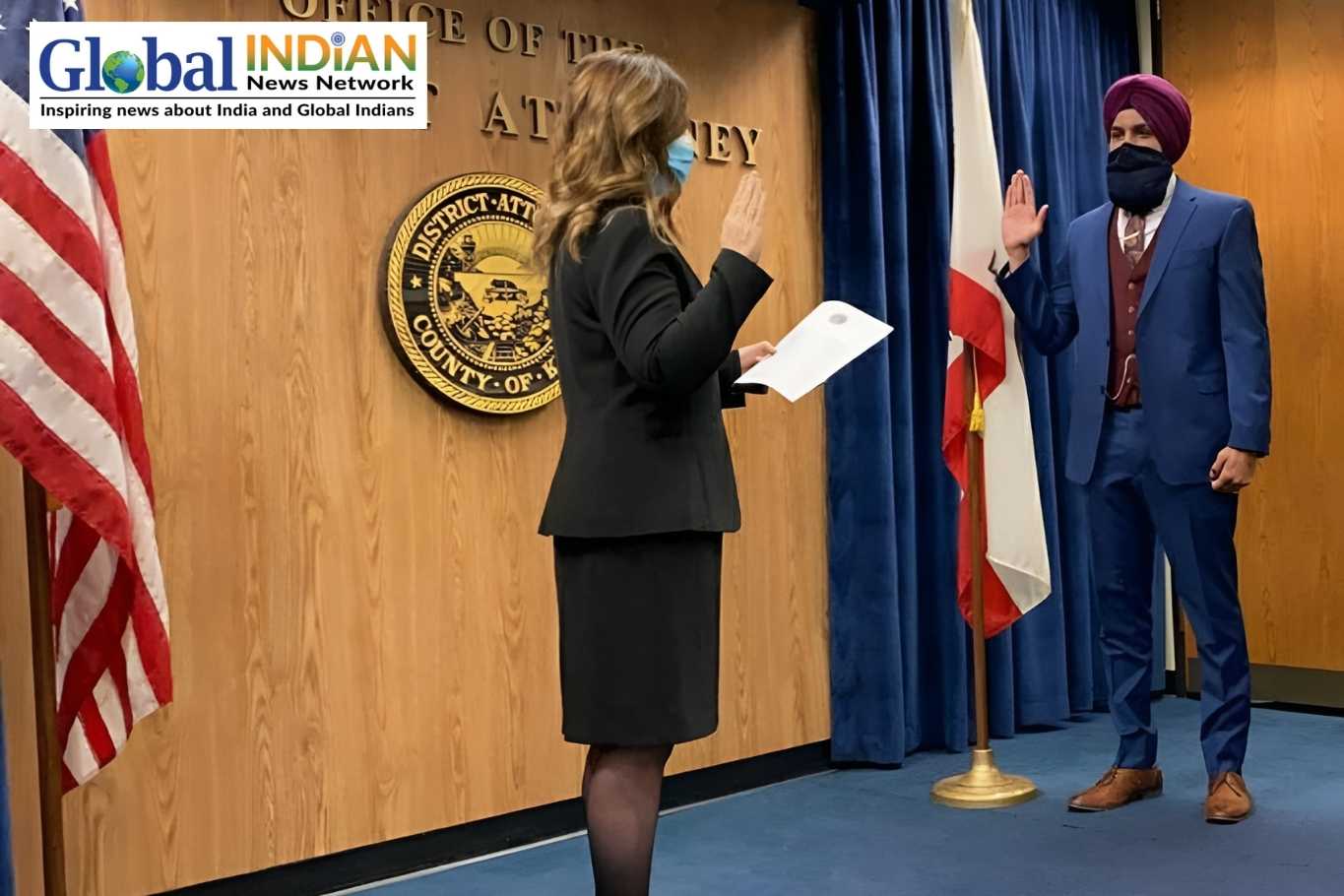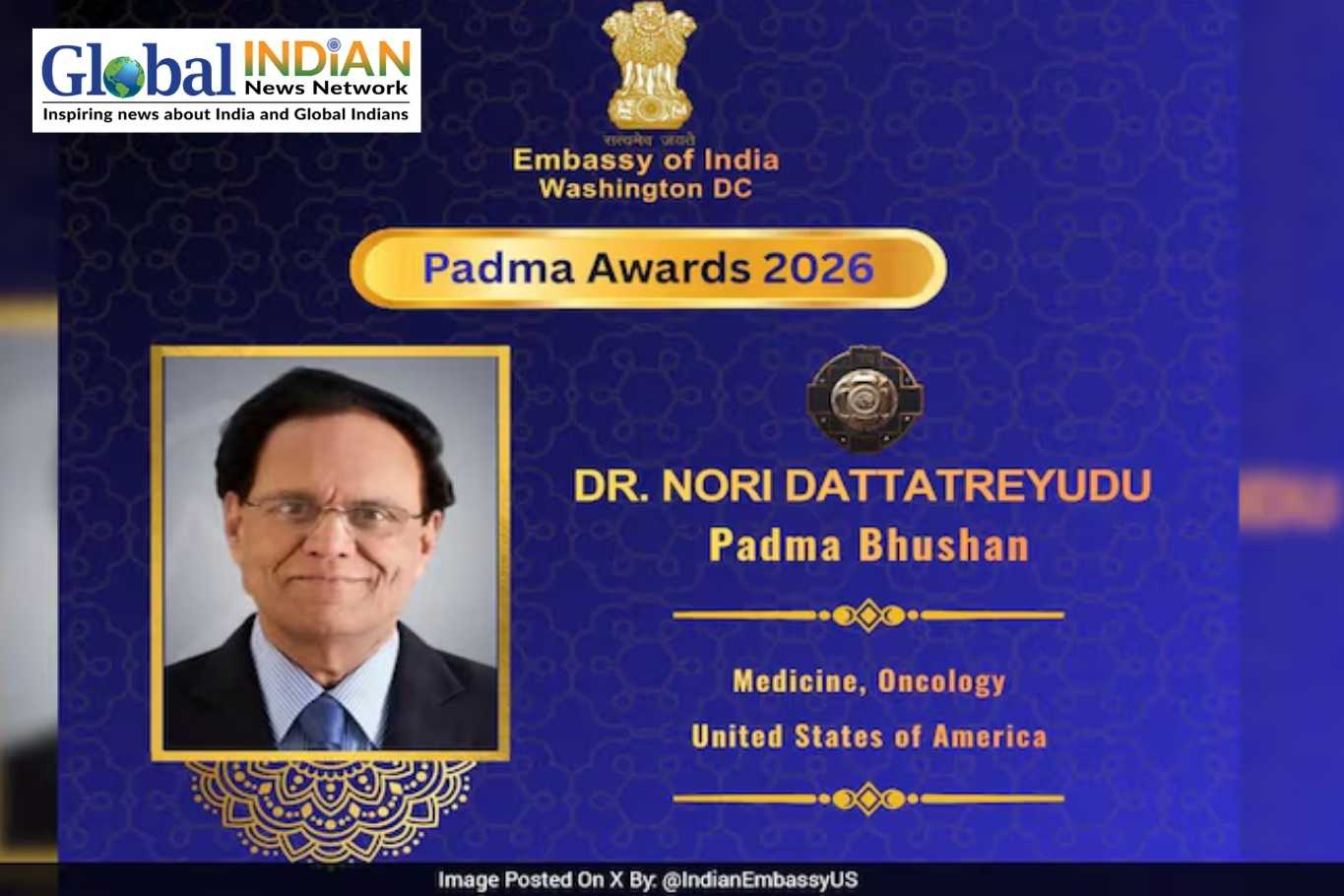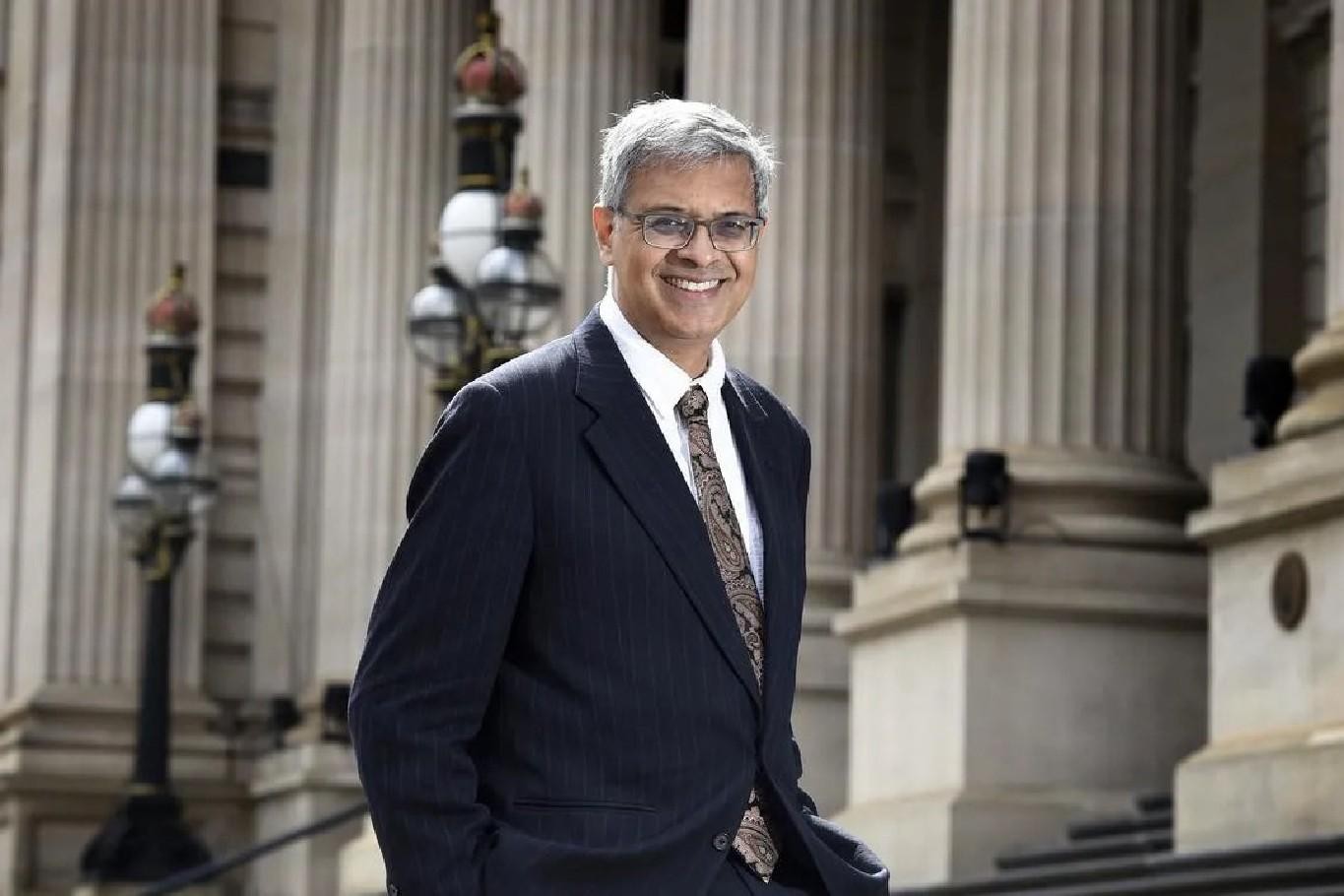
Dr. Jayanta “Jay” Bhattacharya officially stepped into his role as the 18th Director of the National Institutes of Health (NIH) on April 1. Nominated by former President Donald Trump in November 2024 and confirmed by the Senate on March 25, Bhattacharya takes over from Matthew J. Memoli, who had been serving as Acting Director since January 2025.
Health and Human Services (HHS) Secretary Robert F. Kennedy Jr. expressed confidence in Bhattacharya’s leadership, stating that his tenure will reinforce NIH’s commitment to rigorous scientific research. He emphasized their shared goals of addressing chronic diseases and advancing public health under the “Make America Healthy Again” initiative.
Upon assuming office, Bhattacharya highlighted the urgent need for breakthroughs in combating widespread health conditions such as cancer, diabetes, heart disease, and obesity. He underscored the importance of biomedical research in extending life expectancy and improving overall health outcomes. He also stressed transparency in scientific communication, advocating for honesty in both what is known and what remains uncertain in medical research.
Who is Jay Bhattacharya?
Born in Kolkata, India, into a Bengali Hindu family, Bhattacharya pursued his undergraduate and graduate studies in economics at Stanford University. He later earned both a medical degree and a PhD in economics from the same institution.
A distinguished physician, epidemiologist, and health economist, he previously served as a professor at Stanford’s medical school, where his research focused on aging populations and chronic illnesses, particularly among vulnerable communities.
Bhattacharya gained widespread attention during the COVID-19 pandemic as a co-author of the “Great Barrington Declaration,” which advocated for lifting lockdowns for younger, healthier populations while focusing protective measures on at-risk groups. He expressed concerns about the long-term physical and mental health consequences of restrictive COVID-19 policies.
As NIH Director, Bhattacharya aims to rebuild public trust in scientific research while advancing cutting-edge medical discoveries. Working closely with HHS leadership, he is expected to champion policies that drive innovation and improve the health of Americans.

